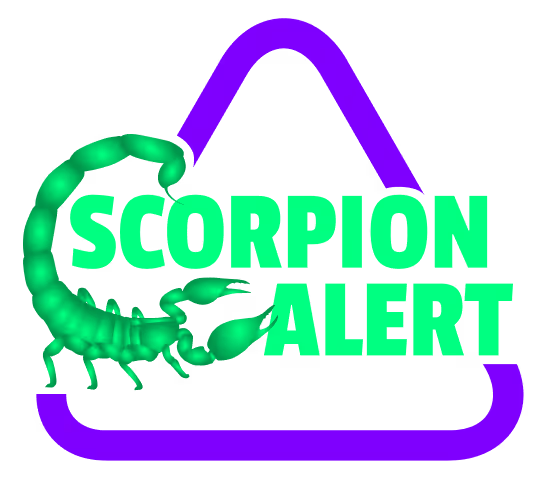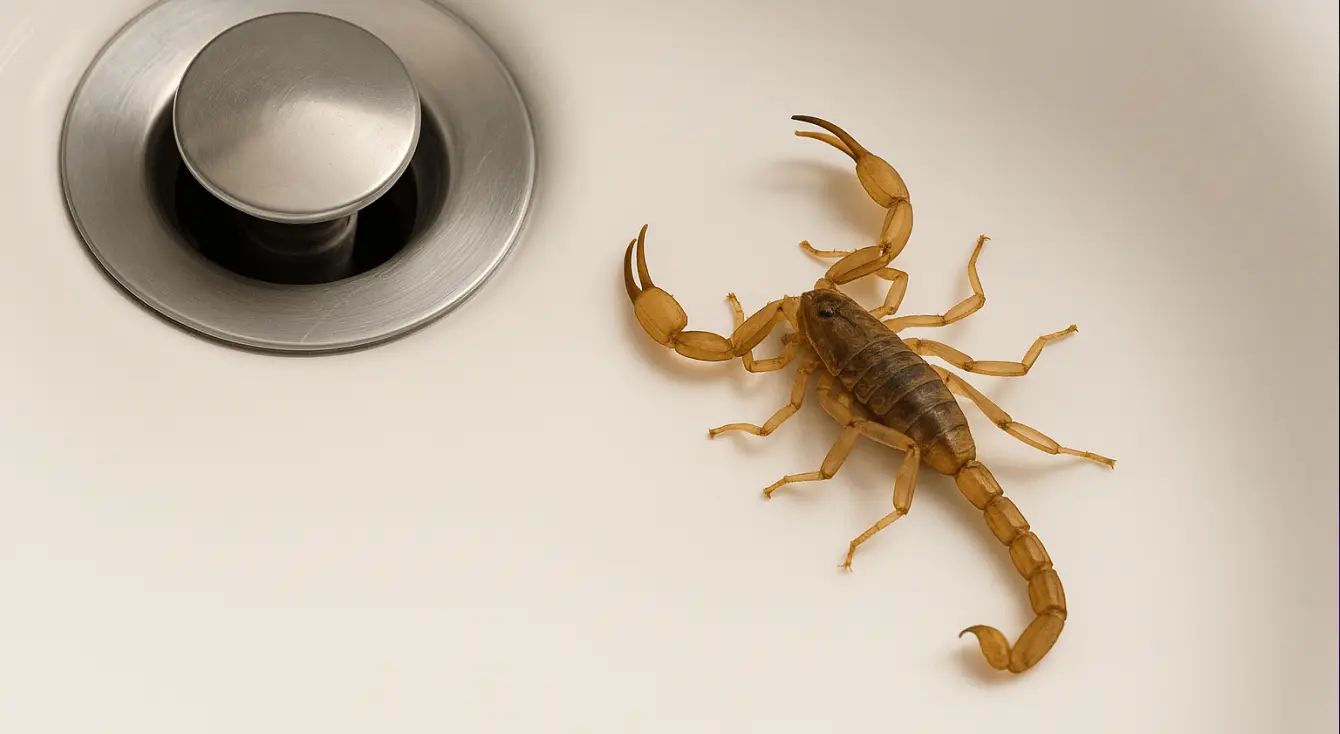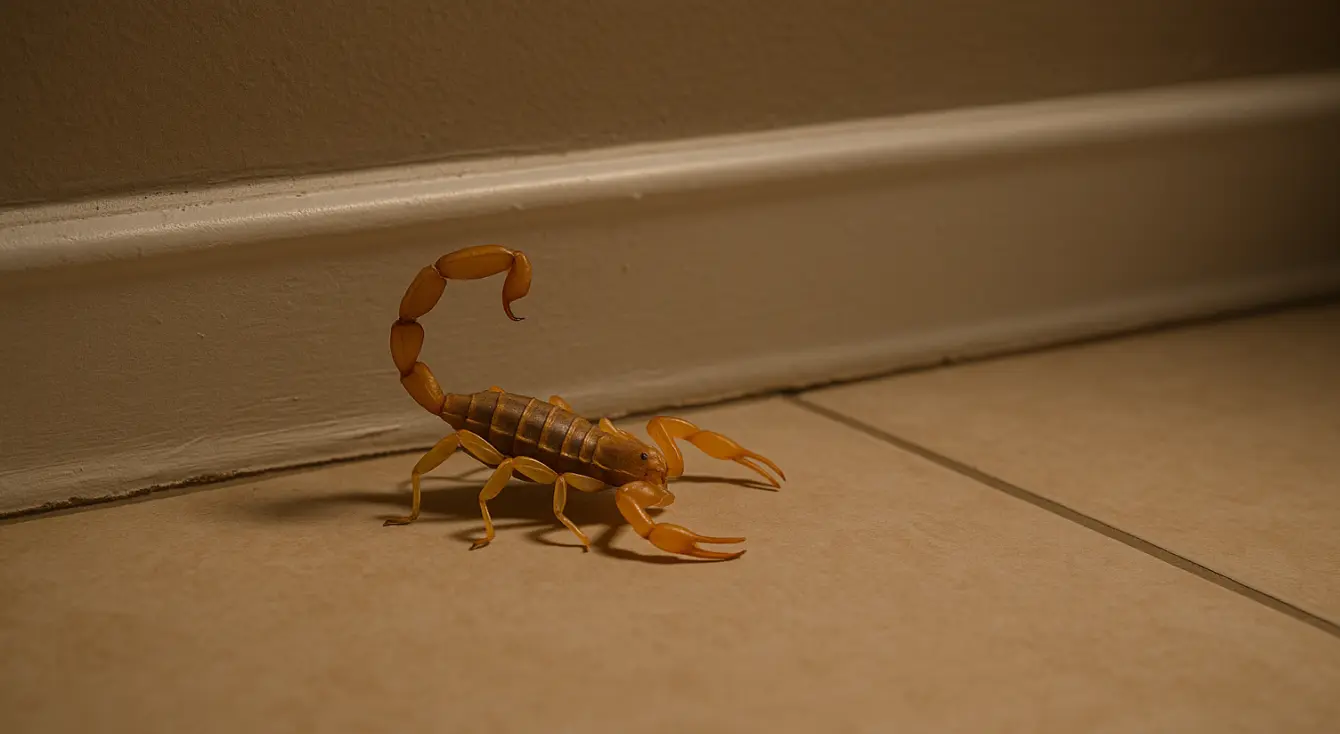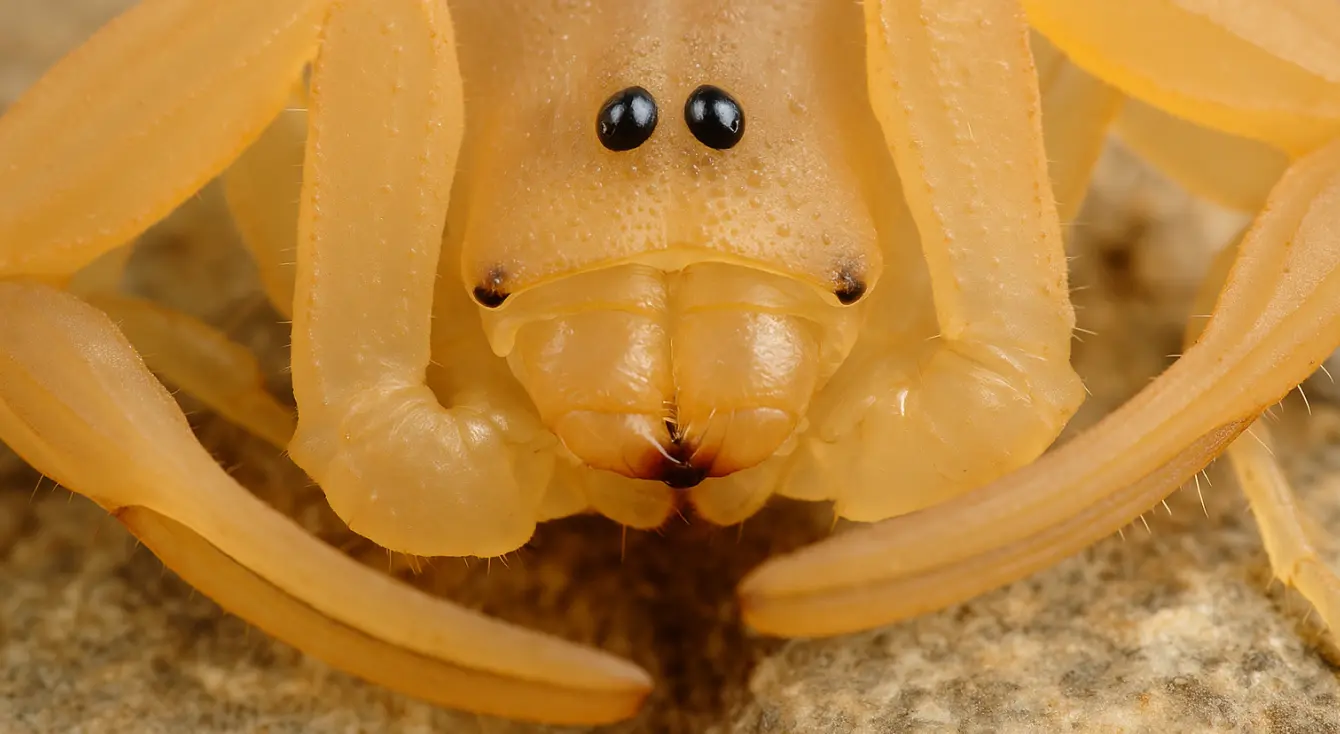Don’t Let These Common Scorpion Repellent Myths Fool You
If you live in the Southwest—places like Arizona, Nevada, or West Texas—chances are someone’s given you homegrown advice about how to keep scorpions away. But a lot of popular tips are based more on wishful thinking than reality.
Let’s break down the top five myths about scorpion repellents, and what actually does work to keep your home safe.
Myth #1: “Essential oils like lavender and peppermint repel scorpions.”
This is one of the most common tips online. While scorpions may avoid strong scents in the short term, there’s no scientific evidence that essential oils offer long-term protection. At best, you might deter one from walking across a surface temporarily.
What to do instead:
- Seal entry points.
- Eliminate food sources like other insects.
- Use targeted scorpion control, not perfume.
Myth #2: “Cedar mulch or cinnamon powder will keep scorpions out.”
Cedarwood and cinnamon are often said to be natural repellents. Some pest control products do include cedar oil—but only as part of a broader insecticide formulation. Sprinkling cedar mulch or cinnamon in your yard won’t stop a bark scorpion from crawling across it.
What to do instead:
- Avoid cluttered landscaping and woodpiles.
- Keep mulch and ground cover away from your home’s foundation.
Myth #3: “You only need to spray around the outside of your home.”
Scorpions can squeeze through gaps the width of a credit card—and they often get inside. Just spraying the perimeter isn’t enough. In fact, in places like Tucson or Phoenix, indoor sightings are extremely common.
What to do instead:
- Treat both inside and outside.
- Focus on baseboards, doorframes, and bathroom/kitchen areas where scorpions may hide.
Myth #4: “Scorpions glow under blacklight, so just check for them at night.”
Yes, scorpions fluoresce under UV light—but manually hunting them is tedious, and easy to miss. Scorpions are sneaky, quiet, and active when you’re asleep. By the time you spot one, it may have already been in your home for days.
What to do instead:
- Use a Scorpion Detector that scans your floors automatically at night.
- Let technology alert you before you or your kids get stung.
Myth #5: “Scorpion repellents are 100% effective.”
There is no such thing as a foolproof repellent. Even professional-grade pest control can’t guarantee no scorpions. Why? Because:
- Scorpions are hardy
- They can survive in extreme conditions
- They don’t groom themselves like insects (so contact insecticides are less effective)
What to do instead:
- Combine tactics: sealing, decluttering, lights-out inspections, and monitoring.
- Use a Scorpion Detector as an early warning system—not a one-shot fix.
Final Takeaway
Scorpion control isn’t about quick fixes—it’s about creating a layered defense. Skip the myths and stick with what works: sealing up your home, reducing insect prey, and using tech tools to monitor what’s happening while you sleep.






